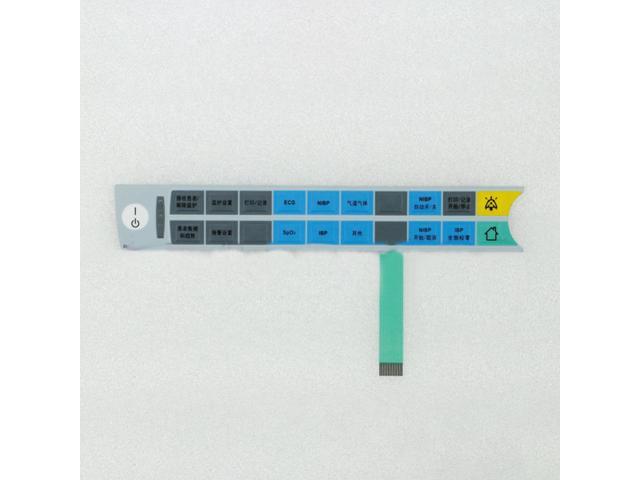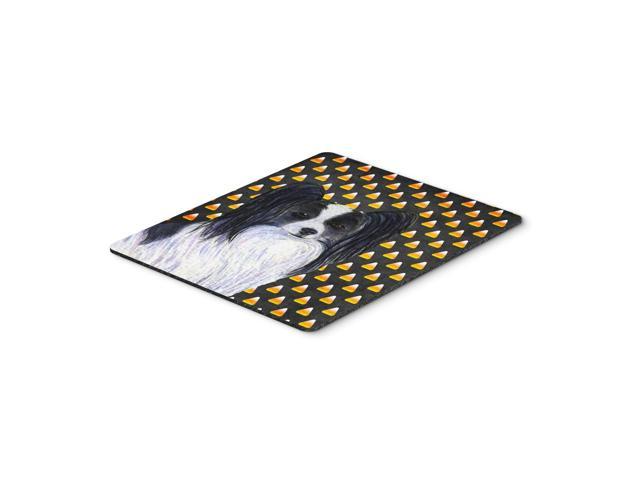This 1984 work examines concepts and strategies for using health care technology effectively and humanely at the bedside. Applying knowledge from the decision sciences, ethics, economics, sociology, the physical sciences, law, history, and clinical medicine, this book provides a multidisciplinary framework for practitioners, educators, policy makers, and the public who must decide about and implement the technological agents of health care. Twelve chapters present basic knowledge about this technology, from the forces that create and disseminate it to the perspectives and techniques crucial for directing its use. The second part of the book consists of twenty-three case studies depicting the benefits and liminations of the chief health care technologies of our times, such as electronic fetal monitoring, imaging technology, intensive care, and genetic diagnosis. By discussing both theory and practice in the context of legal, economic, ethical, and other concerns, this work will help prepare health care students and professionals to deal with the complex issues associated with the use of technology in health care.















